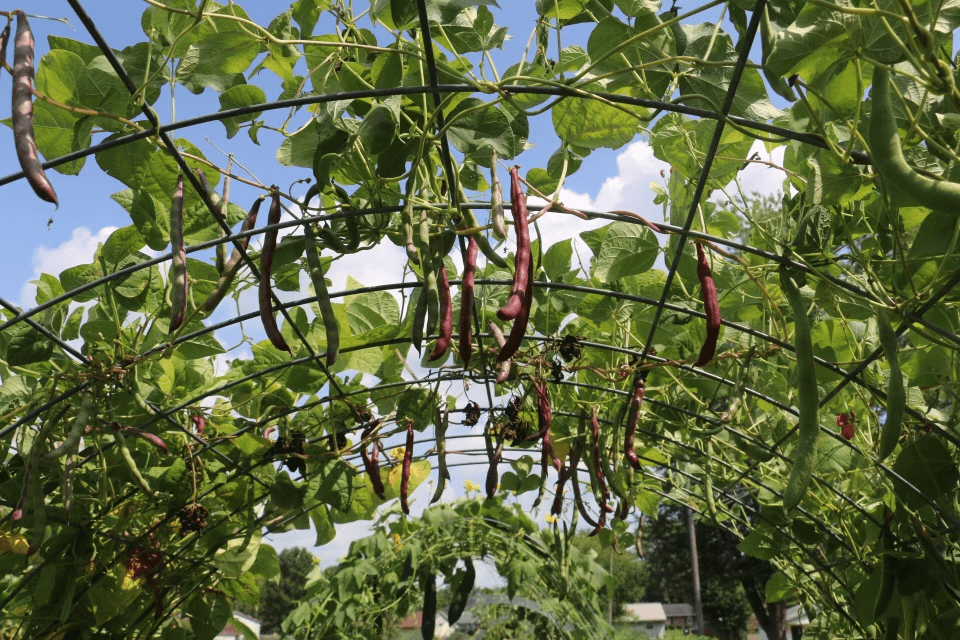Studying religion at Wilmington College offers the opportunity to explore not only the Quaker tradition informing the history and mission of the College since its founding, but also the broader Christian tradition and other major religions of the world. Whether in courses on the Bible or the historical Jesus, on dreams or comparative religions, students are invited to engage with the mystery of the sacred, and the ethical and philosophical questions that have occupied human beings since the dawn of history.
Philosophy is the love of wisdom. Wisdom emerges from clear, logical, and creative thought, and an earnest attempt to understand reality, knowledge, ethical responsibility, and other concerns in our everyday lives. Philosophy attempts to integrate all human thought and experience into a meaningful whole.
Students majoring in Religion and Philosophy may choose one of three concentrations to complement and complete Core coursework. Students desiring a broad program of study in Religion and Philosophy would be best served by the general Religion and Philosophy concentration, which allows students to complete Core coursework with 16 upper level RP credits of their own choosing. The somewhat more interdisciplinary and applied Peace and Nonviolence concentration and Ecological Ethics concentration culminate in a Senior Project or Internship.
Study in Religion and Philosophy can lead to careers in the ministry, but most importantly, the breadth of knowledge, the critical thought skills, and the holistic thinking required in this major are valued in business, law, and other professions. Combining one of Wilmington College’s applied majors or minors with a major/minor like Religion and Philosophy affords students a broad liberal arts education attractive to employers and graduate schools in many different fields.
At 32 total credit hours, the Religion and Philosophy major is easy to combine with many other majors and minors. Students interested in gaining a broad background in sustainability could combine the Ecological Ethics concentration with other majors and minors such as the Food Policy and Agricultural Advocacy concentration in Political Science, the Environmental Science major in Biology, and the Sustainability minor offered through the Agriculture program. Similarly, the Peace and Nonviolence concentration provides excellent practical skills in mediation useful in a wide array of both personal and professional contexts.
20
Credits to earn a Minor
8
Semesters to Complete
86%
of respondents stated that they were employed six months post-graduation from Wilmington College.
(Fall 2021 Student Survey
Loading

Signature Learning Experience
Students can gain hands-on experience in our community gardens, our mediation classes and other internships. Our students do things: they work closely one-on-one with faculty on research and writing projects which prepare them for graduate school, but they can also learn regenerative agriculture in out community gardens or traveling abroad to participate in a variety of service projects.
Curriculum
- RP132G Mysteries And Miracles Of The Old Testament: Bible I
- RP133G From The Gospels To Revelation: Bible II
- RP140 Introduction To Philosophy
Faculty Spotlight
Loading
What's Happening at WC
Loading
Loading
Have questions?
Loading
Loading
Loading
Loading
